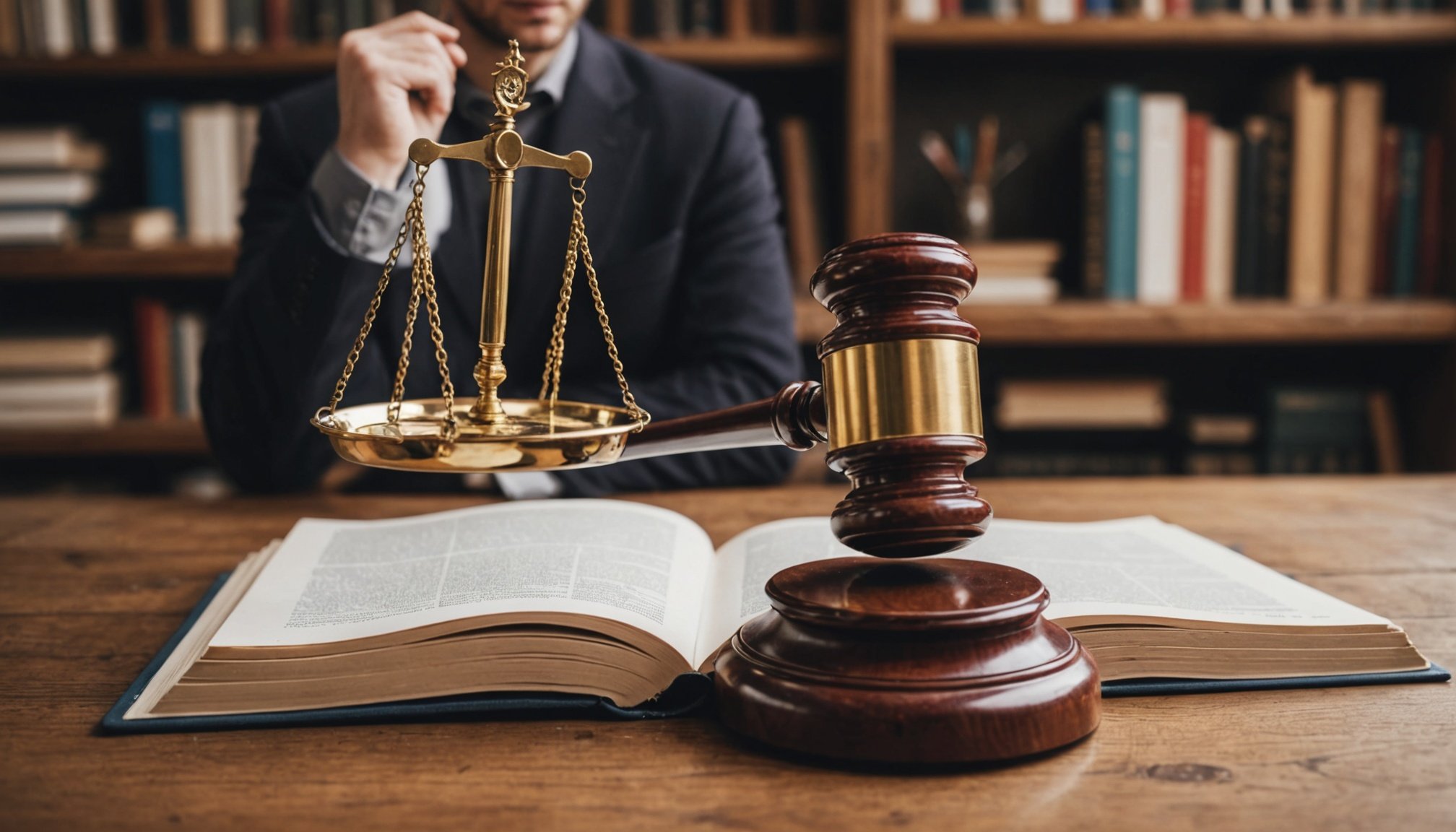Ultimate Guide: Protecting Intellectual Property for Tech Startups in the UK
Why Protecting Intellectual Property is Crucial for Tech Startups
In the fast-paced and highly competitive world of tech startups, protecting your intellectual property (IP) is not just a necessity, but a strategic imperative. Your ideas, innovations, and creations are the lifeblood of your business, and failing to protect them can lead to significant losses and even the demise of your company.
“Protecting your intellectual property is essential for maintaining a competitive edge and ensuring the long-term success of your business,” notes a legal expert from Tidman Legal. “It prevents competitors from using your innovations without permission and helps you to safeguard your market share”[3].
Also read : Unlocking sustainable energy with vallourec smart tubular solutions
Types of Intellectual Property Protection
There are several types of intellectual property protection that tech startups in the UK can leverage, each serving a different purpose.
Patents
Patents are perhaps the most critical form of IP protection for tech startups, especially those involved in developing new software, algorithms, or hardware. To be eligible for a patent in the UK, your invention must be new, involve an inventive step, and be capable of industrial application[4].
This might interest you : Effective Tactics for UK Pension Funds to Maximize Renewable Energy Investments
For example, if you develop a novel algorithm that significantly improves data compression rates, you can apply for a patent. The UK Intellectual Property Office (UKIPO) will review your application to ensure it meets the criteria, including the requirement for a “technical contribution”[2].
Key Steps in the Patent Application Process:
- File your initial application: This includes a detailed description of your invention and any supporting drawings. You can apply online, by email, or by post[4].
- Patent search: The UKIPO conducts a search to confirm the novelty and inventive step of your invention.
- Publication: Your application is published 18 months after your filing date.
- Substantive examination: A thorough review to ensure all requirements are met.
- Granting of the patent: Once approved, you receive a certificate and exclusive rights to your invention.
Copyrights
Copyrights protect original literary, dramatic, musical, and artistic works, including software code and digital content. For tech startups, copyrights are particularly relevant when it comes to protecting software, user interfaces, and other creative works.
The UK government is currently consulting on a new framework to address the intersection of copyright and artificial intelligence (AI), aiming to balance the rights of creators with the needs of AI developers. This includes proposals for mechanisms to reserve rights and ensure transparency about the use of works in AI training[1].
Trademarks
Trademarks protect brand identities, including logos, names, and slogans. For tech startups, a strong trademark can be a valuable asset, distinguishing your company from competitors and building brand recognition.
Why Trademarks Matter:
- Brand Identity: A trademark helps establish and protect your brand identity.
- Market Differentiation: It distinguishes your products or services from those of competitors.
- Legal Protection: Trademarks provide legal recourse against infringement.
Design Rights
Design rights protect the visual appearance of a product or design. For tech startups involved in hardware or product design, these rights are crucial.
Unregistered and Registered Design Rights:
- Unregistered Design Rights: Automatic protection for original designs, but with limited scope and duration.
- Registered Design Rights: Provides stronger and longer-lasting protection, but requires registration with the UKIPO.
How to Protect Your Intellectual Property
Protecting your IP involves several steps, from initial application to ongoing management.
Conducting IP Audits
Before applying for any form of IP protection, it’s essential to conduct an IP audit to identify what assets you have and which need protection.
Steps in an IP Audit:
- Identify IP Assets: Determine what inventions, designs, trademarks, and copyrights you have.
- Assess Risks: Evaluate the risks of not protecting these assets.
- Develop a Strategy: Create a plan for protecting and managing your IP.
Filing Applications
Once you’ve identified your IP assets, the next step is to file the appropriate applications.
Costs Associated with Filing:
| Stage | Online Submission | By Post or Email |
|---|---|---|
| Filing an Application | £60 (pay at the time of application) | £90 (pay at the time of application) |
| £75 (pay later) | £112.50 (pay later) | |
| Search Fees | £150 + £20 for each claim over 25 claims | £180 + £20 for each claim over 25 claims |
| Substantive Examination | £100 + £10 for each page over 35 pages | £130 + £10 for each page over 35 pages |
[4]
Managing and Renewing IP
After securing your IP protection, it’s crucial to manage and renew your rights to maintain protection.
Tools for IP Management:
Companies like IPZEN offer intuitive interfaces and automated systems to help startups manage their IP portfolios efficiently. These tools include automatic renewal reminders, deadline notifications, and robust security standards to protect sensitive data[5].
Legal Advice and Action
Navigating the complex landscape of IP law can be daunting, especially for startups with limited resources.
Seeking Legal Advice
It’s often beneficial to seek legal advice from experts who understand the nuances of IP law.
“Seeking legal advice early on can save you a lot of trouble down the line,” advises a legal expert. “It helps you avoid common pitfalls and ensures that your IP is properly protected from the outset”[3].
Taking Legal Action
If your IP is infringed upon, taking legal action is crucial to protect your rights.
Steps in Taking Legal Action:
- Identify Infringement: Monitor your market and identify any potential infringement.
- Gather Evidence: Collect evidence to support your claim.
- Consult Legal Experts: Seek advice from IP lawyers.
- Initiate Legal Proceedings: File a lawsuit or other legal action to protect your rights.
Case Studies and Real-World Examples
To illustrate the importance and practical application of IP protection, let’s look at some real-world examples.
Example 1: Data Compression Algorithm
A tech startup develops a novel algorithm that significantly improves data compression rates. By applying for a patent, the company ensures that its innovation is protected, allowing it to license the technology and generate revenue while preventing competitors from using it without permission[2].
Example 2: Brand Protection
A startup in the tech industry invests heavily in building its brand identity. By registering its trademark, the company protects its brand name and logo, preventing competitors from using similar marks that could confuse consumers.
Protecting intellectual property is a critical aspect of any tech startup’s strategy in the UK. By understanding the different types of IP protection, following the necessary steps to secure and manage your IP, and seeking legal advice when needed, you can safeguard your innovations and maintain a competitive edge in the market.
“Intellectual property protection is not just about legal compliance; it’s about protecting the heart and soul of your business,” emphasizes an IP expert. “It’s an investment in your future success and a way to ensure that your hard work and creativity are rewarded”[3].
By taking proactive steps to protect your intellectual property, you can ensure the long-term success and growth of your tech startup in the UK.











